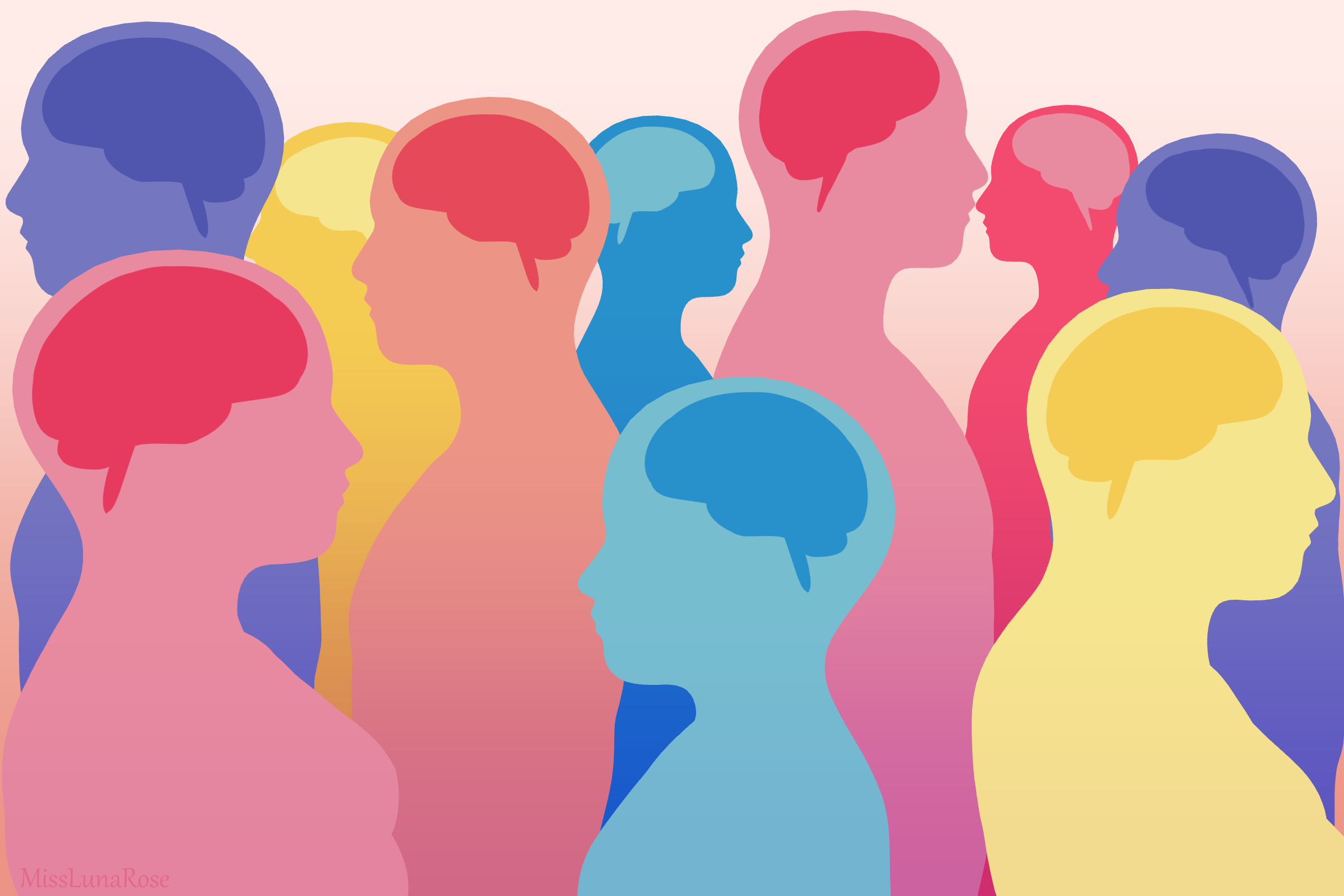Unveiling the Impact of Neurodivergence on Women
At La La, we hold neurodivergence close to our hearts. This International Women’s Day (IWD), we spotlight the intersection of neurodiversity and gender, aiming to assist in a more inclusive, understanding, and supportive environment for all, especially non-neurotypical individuals. The journey of neurodivergent individuals, particularly as women, is fraught with unique challenges: from underdiagnosis and misdiagnosis to the intense pressure of conforming to societal expectations.
It’s time to delve into these issues and champion the cause of neurodivergent women, offering practical steps towards a more inclusive workplace.
What is Neurodivergence?
Neurodivergence refers to the variation in the human brain regarding sociability, learning, attention, mood, and other mental functions. Conditions such as ADHD, autism, dyslexia, and Tourette’s Syndrome fall under this umbrella. Women with ADHD and autism, in particular, face significant obstacles due to widespread misdiagnosis and misunderstanding, stemming largely from gender-based stereotypes and biases in diagnostic criteria.
Gender, Stereotypes, and Diagnosis
Gender stereotypes and societal expectations significantly influence the diagnosis and understanding of neurodivergent conditions. Girls and women are often socialised to be empathetic, organised, and compliant, leading many to mask their neurodivergent traits to fit in. This masking can hinder the timely and accurate diagnosis of conditions like ADHD, which may present differently in females compared to their male counterparts. Furthermore, the prevailing diagnostic tools and research have historically been male-biassed, exacerbating the challenge of recognising neurodivergence in women.
The Gender Gap in Neurodivergence
The repercussions of this gender gap are profound. Undiagnosed neurodivergent girls and women may struggle with feelings of inadequacy, frustration, and isolation. Conversely, receiving a diagnosis can be a transformative experience, offering relief, self-acceptance, and a better understanding of one’s abilities and needs. While awareness and recognition of neurodivergence in females have improved, there remains a pressing need to dismantle the stigma and biases that continue to marginalise neurodiverse women.
Creating an Inclusive Workplace
Embracing Diverse Communication Styles
Acknowledging and accommodating various communication styles is crucial in creating a neurodiverse-friendly workplace. This includes understanding and valuing different ways of expressing oneself, from minimising small talk to encouraging open and honest dialogue. Such an environment not only benefits neurodivergent individuals but also enriches workplace culture by creating authenticity and inclusivity.
Flexibility and Understanding
Adopting flexible work schedules and remote work options can significantly support neurodivergent employees by allowing them to work in environments and at times that best suit their needs. This flexibility can alleviate stress and enhance productivity, benefiting both the individual and the organisation. Moreover, creating an adaptable work environment acknowledges and respects individual differences, promoting a culture of understanding and support.
A Call to Action
As we celebrate International Women’s Day, let us commit to recognising and supporting neurodiversity in all aspects of life, especially in the workplace. By embracing neurodivergent individuals’ unique perspectives and needs, we can create more dynamic, innovative, and inclusive communities. Remember, neurodivergence is not a limitation but a testament to the diverse spectrum of human intelligence and creativity. Let’s champion the cause of neurodivergent women and work towards a world where everyone is valued and empowered to reach their full potential.


